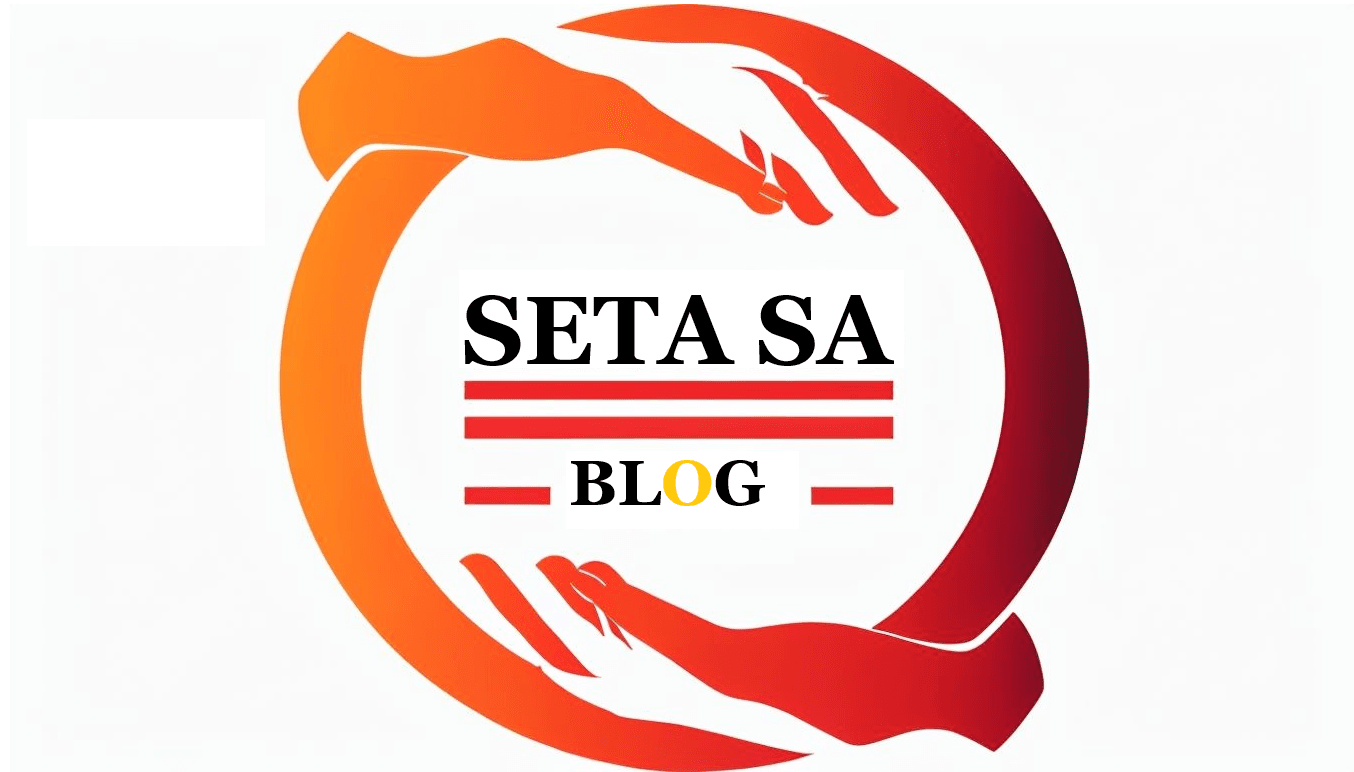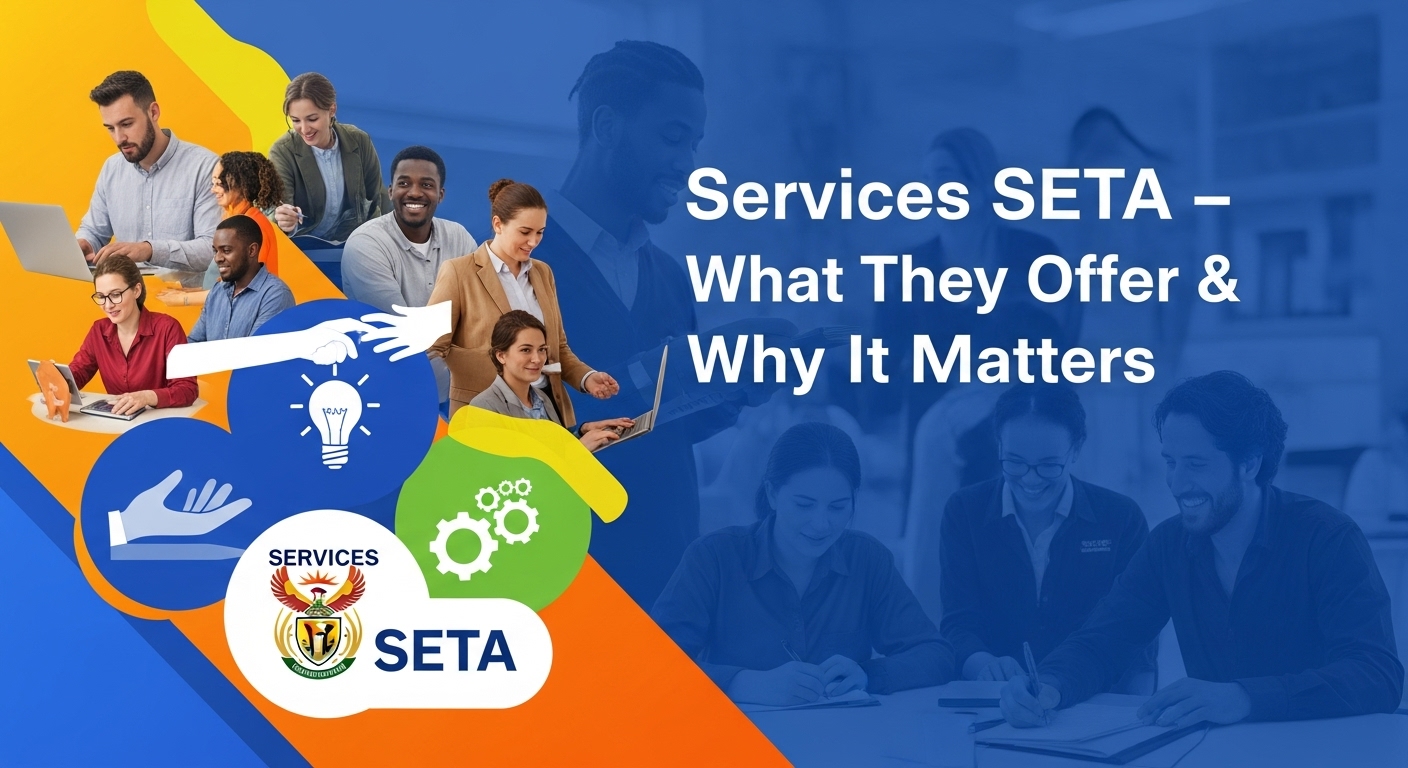Services SETA – What They Offer & Why It Matters
Picture yourself stepping into a training room that’s buzzing with real‑world skills. You’ve just signed up for a course that’s tailored to the job market in South Africa, and the instructor is not just a lecturer but a seasoned professional who’s walked the floors of the industry. That’s the vibe of a SETA – a Sector Education and Training Authority. These bodies shape the future of work by linking learning, industry and government, so you’re ready to jump straight into a job or climb the ladder.
What Exactly Is a SETA?
A SETA is a public‑sector institution that oversees training and skills development for a specific industry or economic sector. Think of them as the bridge between the classroom and the workplace. They set standards, certify programmes, and help businesses find the right talent.
Key Roles of a SETA
- Developing training curricula that match current industry needs.
- Authorising and accrediting training providers.
- Monitoring and evaluating learning outcomes.
- Offering financial support for training and apprenticeships.
- Collecting data to inform policy and investment decisions.
Core Services You’ll Find
1. Curriculum Design & Standards Development
Each sector has its own rhythm. A SETA ensures that the courses match that rhythm. They collaborate with businesses to draft learning outcomes that cover technical skills, soft skills and regulatory knowledge. The result? A syllabus that’s both rigorous and relevant.
2. Training Provider Accreditation
Not every training centre is created equal. Before a provider can offer a course, a SETA checks its facilities, staff qualifications and assessment methods. This gate‑keeping keeps quality high and learners protected.
3. Assessment & Certification
After the learning phase, the SETA administers exams or practical tests. Successful candidates receive a certificate or licence that’s recognised across the country. That certificate is the key that unlocks many job doors.
4. Funding & Incentives
Training can be expensive. SETAs often manage grant programmes, tax incentives or wage subsidies that reduce the cost for learners and employers. If you’re an employer looking to upskill staff, you might find a grant that covers a significant portion of the training fee.
5. Skills Monitoring & Reporting
Data is power. SETAs keep track of how many people are gaining skills, where gaps exist, and how those skills translate into employment. This information feeds into national strategies, ensuring that the workforce stays competitive.
6. Partnerships & Industry Liaison
They sit at the table with unions, business associations and educational institutions. This collaboration helps shape curricula, create apprenticeships and align training with emerging technologies.
Who Benefits from SETA Services?
Job Seekers & Learners
Getting a recognised qualification that employers trust can be the difference between a job offer and a rejection. Plus, the funding options make learning more affordable.
Employers
Companies gain access to a talent pipeline that’s already been vetted and trained according to industry standards. That reduces hiring risk and speeds up onboarding.
Training Providers
Accreditation from a SETA signals quality, attracting more students and funding opportunities. It also provides a framework for continuous improvement.
Government & Policy Makers
Accurate data on skills gaps and training outcomes helps shape policies that promote economic growth and employment.
How to Get Involved with a SETA
Finding Your Sector’s SETA
Every industry has a dedicated SETA. A quick search on the Department of Higher Education and Training website will give you the name, contact details and list of approved courses.
Applying for Training
Once you locate the right SETA, you can view accredited programmes, check eligibility criteria, and apply online. If you’re a business, you can request a skills assessment or partnership proposal.
Exploring Funding Options
Ask the SETA about available grants, bursaries or wage subsidies. They’ll guide you through the application process and help you understand the eligibility requirements.
Staying Updated
SETA publications, newsletters and webinars are great sources of information. They keep you in the loop about new courses, changes in regulations and industry trends.
Why SETA Services Matter for South Africa’s Future
In a rapidly changing labour market, having a skilled workforce is your biggest advantage. SETAs help make sure that every learner, employer and training provider is on the same page. They create a system where knowledge meets opportunity, driving growth and prosperity.
Wrapping Up
SETA services are more than just training; they’re a partnership that connects





